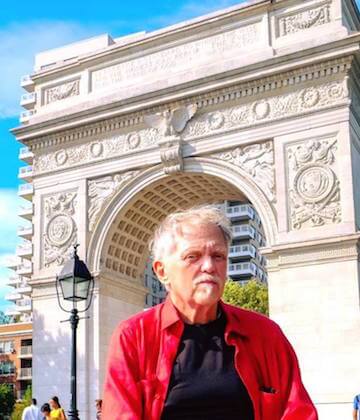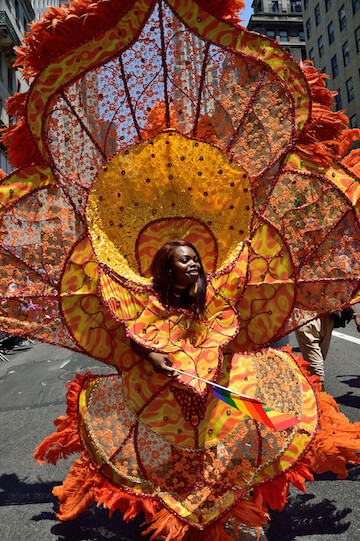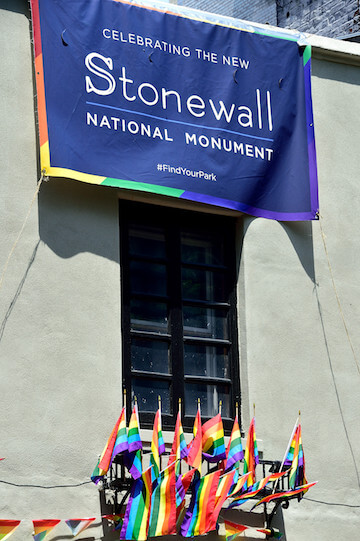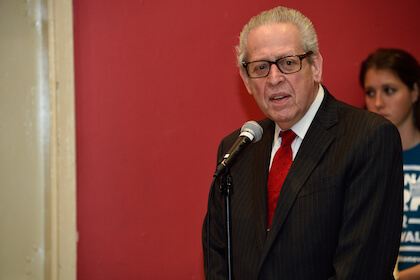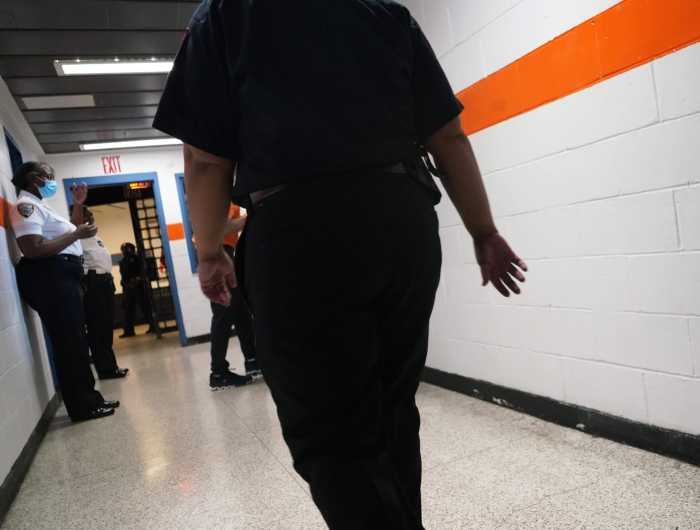Legislation introduced in Albany on April 26 to ban licensed therapists from engaging in practices aimed at altering the sexual orientation of minors would, if enacted, follow on a California law passed last year but currently on hold because of court challenges.
When Gay City News last reported on this issue, gay therapists here in New York were divided on the advisability of such a bill and there was no yet any legislative momentum for one. The new measure is sponsored by two Democrats –– State Senator Michael Gianaris of Queens and Assemblywoman Deborah Glick, an out lesbian from the West Village.
The Huffington Post reported that “Glick's interest in the ban grew out of her work with lesbian, gay, bisexual, and transgender youth.”
She cited the damage done to minors and others from such conversion therapy practices, compounding as they do the difficulties of being an LGBT youth in American society.
“The rate of suicide, the level of depression, the kind of bullying in school that is focused on homophobic epithets, even when students clearly are not gay… there's clearly an issue about being more supportive toward gay youth,” Glick told the website.
She and Gianaris argue that these therapeutic practices ––already opposed by the American Psychiatric Association along with other mental health professional groups –– run counter to that goal.
In summarizing the lawsuits that have stymied the California law, the Huffington Post wrote that opponents charge that it “attacks free speech, unconstitutionally regulates what therapists and patients can say to each other, and infringes on parents' authority to seek whatever type of professional help they choose for their children.”
Neither the California law nor the New York bill modeled after it, place any restrictions on therapists offering conversion therapy to adults or on parents taking their children to unlicensed counselors.
Gianaris sees his bill as important in the overall debate about the validity and dangers of efforts to steer people away from a same-sex orientation.
“It’s symbolic of the overall debate, and what underlies the belief of those who support this kind of therapy is that there is something wrong with being gay or lesbian.”

